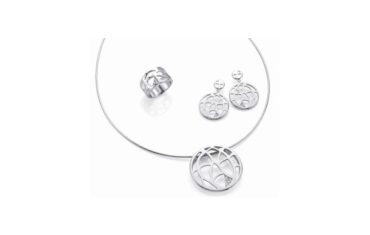New research has shown that both consumers and retailers haven’t quite jumped onto the sustainability bandwagon yet.
While consumers believe they are highly informed about sustainability, they are not willing to pay for it. Retailers on the other hand haven’t shown many initiatives when it comes to sustainable products and practices.
Additionally, the recent Covid-19 pandemic has made the willingness to be sustainable and buy sustainable products even less appealing.
“There is a significant amount to be done when it comes to retailer sustainability initiatives”, says Power Retail managing director, Grant Arnott.
“Retailers need to understand that sustainability is not for optics, it’s a brand imperative. Unfortunately, consumers are unprepared to pay for it at this stage, yet their expectations remain high.
“Due to Covid-19, sustainability will take a further back seat in priorities, as retailers are going to be seriously challenged with thinner margins and falling profits. However, retailers need to adopt initiatives now and eat into those already thin margins as it’s no longer an option.”
Arnott says that consumers are demanding it more and more, and this might ensure future commercial success for retailers who make sustainability a priority.
“I also believe there are several key take-outs from our time in isolation, as we can now see that we can exist without a heavy drain on the environment. So, when ‘normality’ resumes, retailers should be looking to incorporate cost-effective, ‘low touch’ strategies e.g. click and collect, reducing frequency of delivery, and the like.”
The research shows 84 per cent of shoppers expect brands and retailers to have sustainable practices, but only 55 per cent believe retailers are trying to reduce plastic waste. This is a clear gap in expectations. Also, 49 per cent of shoppers would pay more for ‘sustainable’ packaging, but only 27 per cent are willing to pay for ‘biodegradable’ packaging.
Only two per cent of shoppers prefer online over physical stores because they are closer to carbon neutral. They still very much value elements like pricing and speed, over environmental factors.
“This research not only provides online retailers with actionable insights on sustainability, it shows the critical gap in perceptions and actions.
“For retailers at the beginning of their journey, a few suggestions include looking at relevant B-Corp requirements, introducing biodegradable packaging, minimising their carbon footprint by reducing returns, avoiding excess packaging, introducing click and collect and being mindful of internal wastage. Whilst it may not seem it on the surface, these points will and are becoming a real USP for retailers who implement them,” concludes Arnott.







